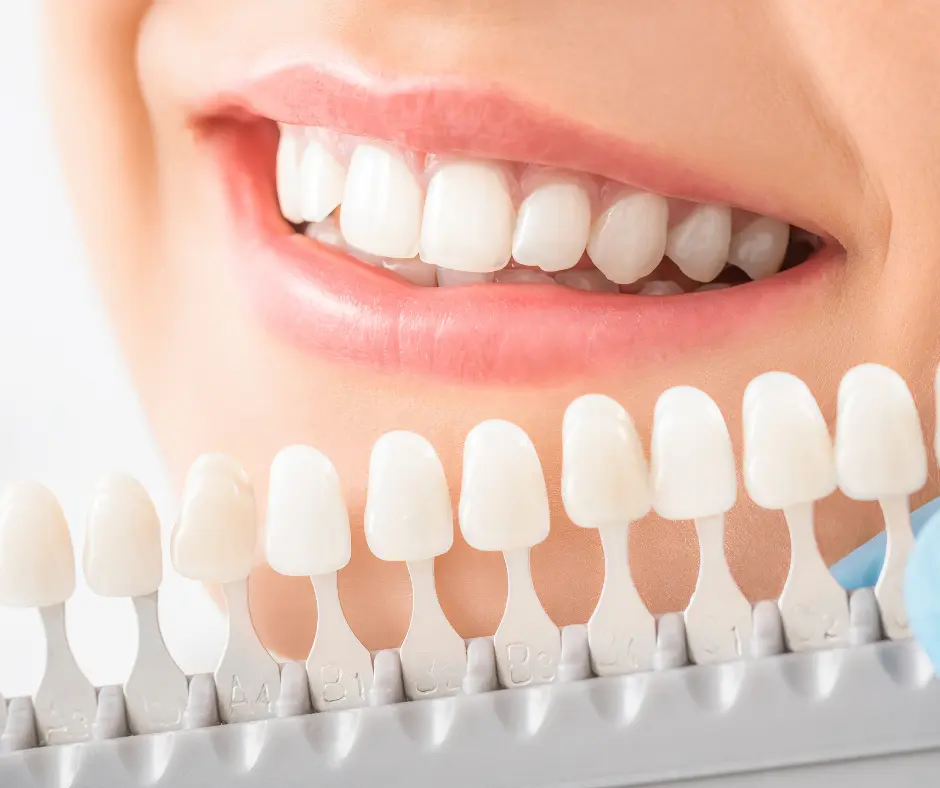Dental crowns are one of the most versatile restorative treatments in modern dentistry. Whether you’re repairing a cracked tooth, covering a large filling, or enhancing the appearance of a discolored tooth, crowns provide strength, protection, and natural-looking aesthetics.
1. What Is a Dental Crown?
A dental crown is a custom-made “cap” that covers an entire tooth above the gum line. It:
- Encases and protects weak or damaged teeth
- Restores chewing function and bite alignment
- Improves shape, size, and color for cosmetic enhancement
2. Common Types of Dental Crowns
Choosing the right crown material depends on your needs, budget, and aesthetic goals:
- Porcelain-Fused-to-Metal (PFM)
- Combines strength with a porcelain exterior for a natural look
- All-Ceramic or All-Porcelain
- Ideal for front teeth: excellent color match and biocompatibility
- Gold and Metal Alloys
- Extremely durable; less tooth reduction required
- Zirconia
- High strength and esthetics; suitable for both front and back teeth
3. The Crown Procedure: Step by Step
- Initial Consultation & Examination
- X-rays and oral exam to assess tooth structure and underlying health
- Tooth Preparation
- Removal of decay and reshaping of the tooth to fit the crown
- Impression & Shade Matching
- Digital or physical impression taken; shade selected to blend with adjacent teeth
- Temporary Crown Placement
- Protects the prepared tooth while your permanent crown is fabricated
- Permanent Crown Cementation
- Final fitting, adjustments, and bonding to ensure a precise fit and bite
4. Benefits of Dental Crowns
- Durability: With proper care, crowns last 10–15 years or longer.
- Strength Restoration: Reinforces teeth weakened by decay, cracks, or large fillings.
- Aesthetic Improvement: Matches the color, shape, and size of natural teeth.
- Protection: Shields vulnerable teeth from further damage or infection.
5. Understanding Dental Crown Costs
The cost of a crown can vary based on:
- Material chosen (e.g., porcelain vs. gold)
- Complexity of preparation (need for root canal or core buildup)
- Location of the dental practice
- Insurance coverage and payment options
On average, you can expect to invest between $800 and $1,500 per crown. Always request a detailed estimate and verify your dental insurance benefits before proceeding.
6. Aftercare Tips for Longevity
- Maintain excellent oral hygiene: Brush twice daily and floss under the crown’s margins.
- Avoid hard foods: Don’t chew ice or use teeth as tools to prevent cracks.
- Wear a night guard: If you grind your teeth, a custom appliance protects your crown.
- Regular dental visits: Professional cleanings and check-ups catch issues early.
7. When Is a Dental Crown Right for You?
Consider a dental crown if you have:
- A cracked, fractured, or severely decayed tooth
- A large filling that compromises tooth integrity
- A discolored or misshapen tooth you wish to improve
- Already completed root canal therapy
Always discuss your specific needs with a qualified dentist to ensure crowns are the best solution for your oral health.
By understanding the types, procedure, benefits, costs, and care associated with dental crowns, you’ll be empowered to make informed decisions and enjoy a healthy, confident smile for years to come.

